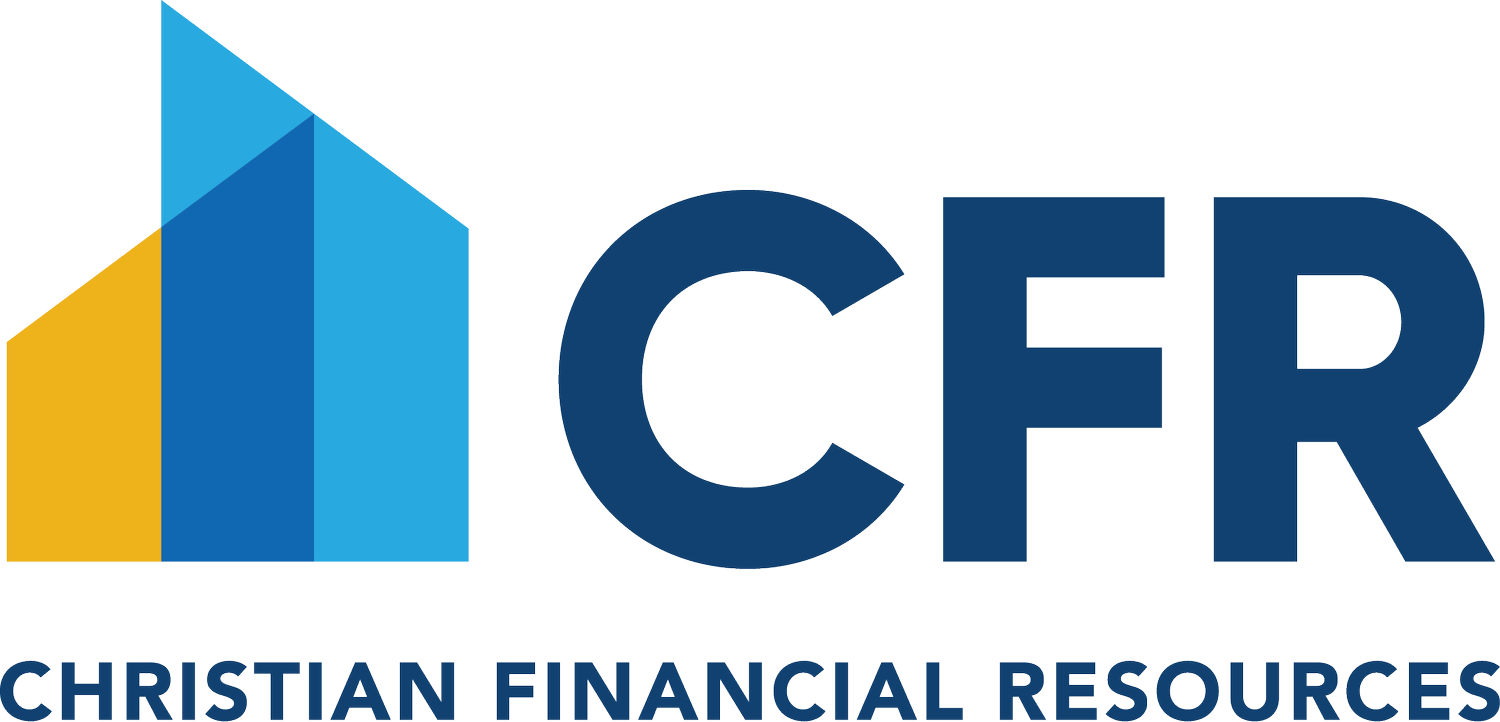Today is the day to make your legacy plan.
Creating your estate plan has never been easier. Give your loved ones clear direction and leave a lasting legacy.

Partnership
CFR is proud to offer investors exclusive webinars on estate planning. These sessions provide a unique opportunity to create essential legal documents for your estate plan, including:
Living Trust or Last Will and Testament
Power of Attorney for Finance and Health Care
Health Care Directives
Guardianship
Take advantage of this extraordinary chance to craft a comprehensive estate plan, tailored to your needs, in a guided and supportive environment.
Difference between wills and trusts
How is Revocable Living Trust different from a Will?
A Revocable Living Trust and Last Will & Testament accomplish similar things but have important differences
| Last Will & Testament | Revocable Living Trust |
|---|
Distributes assets after a person passes away |
Avoids probate |
Private record |
Requires little maintenance |
Appoint guardians for children and pets |
Specify funeral instructions |
What About Churches?
FAQ
Legacy planning doesn't need to be a challenge. We're here to answer your questions.
-
A legal process that occurs when a person dies that involves the validation and administration of their will. Probate can take months, even years, and can get expensive.
-
No. A will must go through probate to validate its instructions and distribute assets. Assets not titled jointly, payable-on-death, or included in a trust are subject to probate.
-
A trust takes effect immediately after it’s funded and allows you to avoid probate, control asset distribution, and plan for incapacity.
A will goes into effect after death, designates guardians for minor children, and outlines asset distribution and final arrangements.
-
No. Assets titled in your trust avoid probate, allowing for faster and more private distribution.
-
A pour-over will names your living trust as the beneficiary of all assets. Upon your passing, any assets not already in your trust are “poured over” into it. This ensures that any assets you might have left out are transferred into your trust. However, poured-over assets must go through probate since they weren’t already in your trust before your death.
-
Yes, you can still add homes with mortgages to your trust by simply changing their ownership by retitling them.






